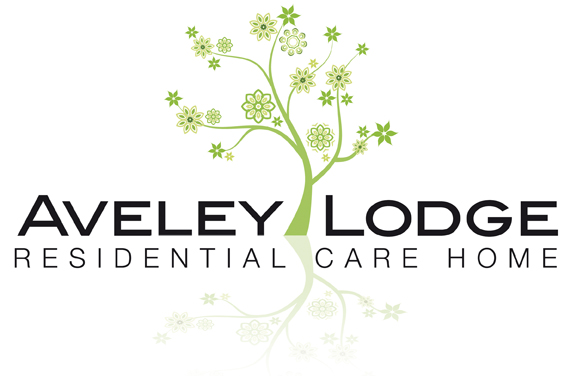Aveley Lodge – Our 5 key principles
Residential care should be all about the individual
Perhaps the most difficult thing to face for someone moving into a care home is the prospect of living communally when they have been used to being independent.
This is not only about physical limitations, although, of course, accepting the need for help with intimate bodily needs, like washing, bathing and using the toilet, is no small adjustment.
Perhaps more importantly, the apprehension is about losing autonomy and choice about how to spend the days and weeks.
“I’m happy with my own company. I’m a fairly solitary individual. I enjoy reading. What if I don’t want to join in group activities?” may be a typical worry.
With 30 years’ experience of running Aveley Lodge we have built up a comprehensive understanding and knowledge of what matters to our residents and this is built into every aspect of our caring, from how we treat individual residents and their families to how we recruit and manage our staff.
It distils into five key principles: Dignity, Respect, Choice, Information and Independence.
The process starts even before a new resident joins us, when we take care to find out as much as we can about them as an individual, which is recorded in a document called “This is Me”. We involve our residents and their families as much as we can with their care plans and what they would like to have happen to them.
Dignity and Respect: this can be something as simple as not entering a resident’s room without knocking but equally being aware of the surroundings where we are talking to them, so that conversations are held in appropriate places if privacy is a consideration.
This principle carries right through to their last moments and respecting their wishes about such things as pain relief. We also take care to record every single moment of their history with us and their wishes to ensure all the information is available not only for staff hand-overs but also for relatives and medical professionals.
Independence, Choice and information: arguably these three go together in helping each resident feel that they have as much control as possible over their lives.
It can be something as simple as choosing what the person wants to wear each day and what they wish to eat to something as weighty as having an end of life plan.
It can happen that their wishes conflict with the views of their families and this emphasises the importance of having discussions about people’s wishes early in their residence and of keeping comprehensive and detailed written records of their decisions.
When it comes to food, we source all food locally and it is cooked fresh. Residents can choose from a range of menu options and we also hold themed food events for those who like to be adventurous about trying something new.
There is no doubt that applying this person-centred approach is demanding on staff and will mean regular reviews and changes as our residents change.
Caring comes naturally to the right people and we take care in recruiting staff to ensure that they are right for their roles and will carry them out in the way we have defined them. Courtesy, empathy and a warm personality are all essential.
Staff must have the ability to use their own initiative and it must also be combined with competence in meticulous attention to the detail of record-keeping.
To ensure that our residents receive the best, most personalised care possible as well as keeping their families informed and engaged we use a system of monthly service users’ meetings, monthly staff meetings, service users one to one time, eight to twelve weekly staff supervisions/observations and appraisals and yearly quality assurance surveys completed by visitors, service users and their relatives as well as any professionals wishing to take part in the survey.
Our five key principles are always at the heart of everything we do.



